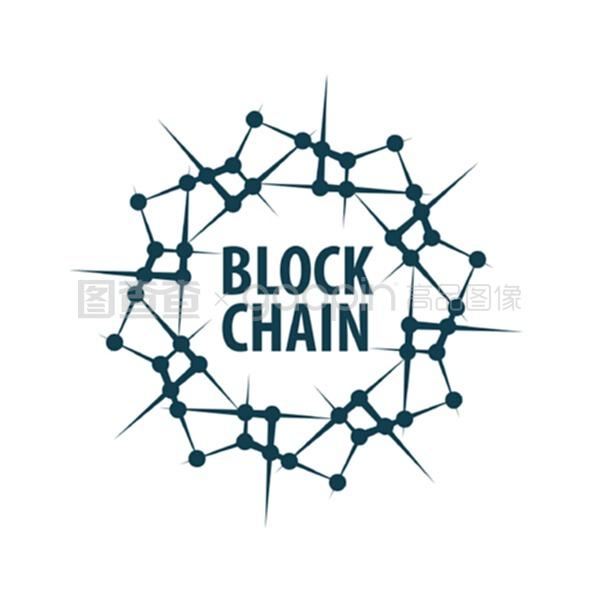|
|
Okay, so I need to figure out what an Oracle Tokenized Stock is. Let me start by breaking down the terms. Oracle is a big company known for database software and enterprise cloud services. Tokenized stock... hmm, that sounds like a new concept. Maybe it's related to blockchain or cryptocurrencies?
Wait, tokenization in finance usually refers to converting assets into digital tokens on a blockchain. So tokenized stock would be shares of a company that are represented as tokens on a blockchain. But how does Oracle fit into this? Maybe Oracle is providing the technology to manage or tokenize these stocks?
I remember that Oracle has a blockchain platform. They offer services like their Blockchain Cloud Service. So perhaps they're using their blockchain to enable tokenization of stocks. That makes sense. Tokenization allows for more efficient trading, settlement, and maybe even fractional ownership.
But how exactly does Oracle's involvement make a difference? Maybe their cloud infrastructure ensures security and reliability for these tokenized stocks. They might offer APIs or tools for businesses to tokenize their shares. Also, Oracle has a reputation for enterprise solutions, so their tokenized stock might be aimed at institutional investors or large corporations rather than the general public.
Another angle: Oracle's partnership with other companies. I think they've worked with companies like Nasdaq on blockchain initiatives. Maybe their tokenized stock is part of a larger ecosystem where trading happens on a blockchain with Oracle's backend systems handling data and security.
Wait, there's also the aspect of regulatory compliance. Tokenized securities often face regulatory challenges. Does Oracle have solutions to help navigate that? They might offer compliance tools as part of their tokenization service.
I should also consider the benefits. Tokenized stocks can reduce settlement times, lower costs, enable global trading without currency exchange issues, and allow for easier fractional ownership. For Oracle, this could be a way to expand their cloud services into the financial sector, offering more integrated solutions.
But are there any specific products or services from Oracle related to tokenized stocks? I recall they have a service called Oracle Blockchain Platform, which can be used for supply chain and finance. Maybe they've extended this to security tokenization. Also, their Fusion Cloud Application Services might integrate with tokenized stocks for accounting and reporting purposes.
Potential challenges: Security is a big concern. Tokenizing sensitive financial data requires robust security measures. Oracle's expertise in enterprise security could be a strength here. Also, adoption by traditional stock exchanges might be slow, but if Oracle partners with them, it could accelerate.
I should check if there are any official announcements or products from Oracle about tokenized stocks. Maybe their press releases or investor relations page mentions this. If not, it might be a hypothetical or emerging application of their existing technologies.
In summary, Oracle Tokenized Stock likely refers to shares tokenized on a blockchain using Oracle's cloud and blockchain services, offering benefits like faster settlements and global accessibility. Oracle's role is providing the infrastructure, security, and compliance tools necessary for this innovation.
Oracle Tokenized Stock: An Overview
Definition and Concept
Oracle Tokenized Stock refers to shares of a company that are represented as digital tokens on a blockchain, leveraging Oracle's cloud and blockchain technologies. This transformation enables traditional securities to be traded more efficiently, securely, and inclusively, with Oracle providing the foundational infrastructure and services.
Key Features and Benefits
Blockchain Integration: Utilizes Oracle's Blockchain Platform for secure, tamper-proof record-keeping and transparent transactions.
Faster Settlements: Reduces settlement times from days to minutes, enhancing liquidity and reducing risk.
Global Accessibility: Facilitates cross-border trading without currency exchange barriers.
Fractional Ownership: Allows investors to purchase shares in smaller denominations, democratizing access.

Cost Efficiency: Lowers transaction and administrative costs through streamlined processes.
Compliance Tools: Integrates Oracle's regulatory solutions to ensure adherence to financial regulations.
Oracle's Role
Technology Provider: Offers Oracle Blockchain Cloud Service for secure token issuance, trading, and settlement.
Cloud Infrastructure: Hosts tokenized stocks on Oracle Fusion Cloud, enabling real-time financial reporting and accounting.
Partnerships: Collaborates with exchanges (e.g., Nasdaq) and financial institutions to integrate tokenization into existing ecosystems.
Security and Compliance: Provides enterprise-grade security and regulatory compliance tools tailored for financial assets.
Applications
Institutional Investors: Facilitates large-scale, secure trading of equities.
Startups and SMEs: Enables easier fundraising through fractional ownership.
Global Capital Flows: Supports seamless international investments.
Challenges and Considerations
Adoption: Requires coordination with traditional exchanges and regulatory bodies.
Regulatory Hurdles: Navigating evolving laws around tokenized securities.
Security Risks: Demands continuous updates to counter cyber threats, mitigated by Oracle's expertise.
Future Outlook
Oracle's tokenization initiatives align with the broader shift toward decentralized finance (DeFi) and digital transformation. By combining blockchain with its enterprise cloud services, Oracle aims to lead in tokenized securities, potentially expanding into real estate, commodities, and other asset classes.
Conclusion
Oracle Tokenized Stock represents a fusion of blockchain innovation and enterprise cloud solutions, promising to revolutionize how securities are traded. While challenges exist, Oracle's technical prowess and strategic partnerships position it to drive this transformation, enhancing efficiency and accessibility in global finance.
|
|